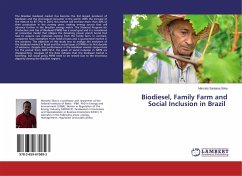
6,49 €
inkl. MwSt. und vom Verlag festgesetzt.
Sofort per Download lieferbar

Broschiertes Buch
12. Januar 2015
LAP Lambert Academic Publishing
Ähnliche Artikel

9,49 €
inkl. MwSt. und vom Verlag festgesetzt.
Sofort per Download lieferbar
eBook, PDF
1. Oktober 2020
Universidad de La Sabana

4,49 €
inkl. MwSt. und vom Verlag festgesetzt.
Sofort per Download lieferbar

4,49 €
inkl. MwSt. und vom Verlag festgesetzt.
Sofort per Download lieferbar

5,49 €
inkl. MwSt. und vom Verlag festgesetzt.
Sofort per Download lieferbar

4,49 €
inkl. MwSt. und vom Verlag festgesetzt.
Sofort per Download lieferbar

5,49 €
inkl. MwSt. und vom Verlag festgesetzt.
Sofort per Download lieferbar

3,99 €
inkl. MwSt. und vom Verlag festgesetzt.
Sofort per Download lieferbar

4,49 €
inkl. MwSt. und vom Verlag festgesetzt.
Sofort per Download lieferbar

3,99 €
inkl. MwSt. und vom Verlag festgesetzt.
Sofort per Download lieferbar

4,49 €
inkl. MwSt. und vom Verlag festgesetzt.
Sofort per Download lieferbar
Ähnlichkeitssuche: Fact®Finder von OMIKRON
